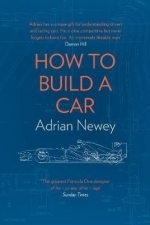
How to Build a Car: The Autobiography of the World's Greatest Formula 1 Designer
Book
The world's foremost designer in Formula One, Adrian Newey OBE is arguably one of Britain's greatest...
biography sport

Punch Kidd
Games and Entertainment
App
#3 Role Playing Game in UK, Australia, Brasil, France, España, Italia ▶ What are people saying...
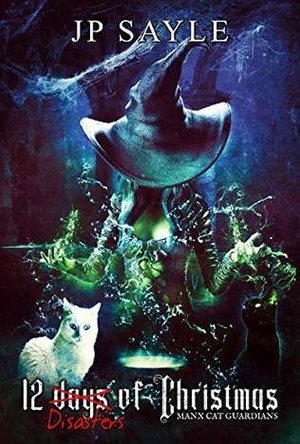
The Twelve Disasters of Christmas
Book
Brad has never had a proper Christmas in his entire life. And for the first time, he has the...
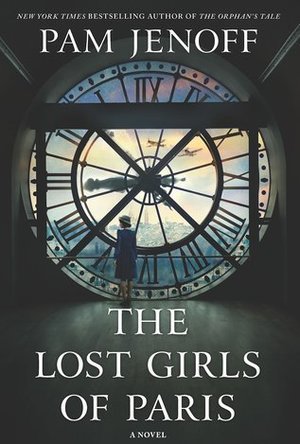
The Lost Girls of Paris
Book
From the author of the runaway bestseller The Orphan’s Tale comes a remarkable story of friendship...
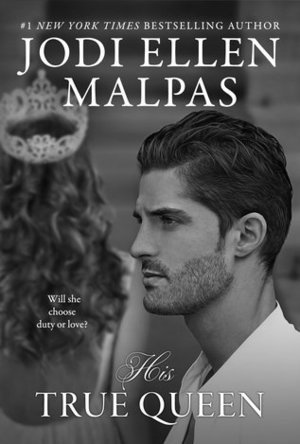
His True Queen (Smoke & Mirrors Duology Book 2)
Book
The breathtaking conclusion of the Smoke & Mirrors Duology. A beautiful, defiant princess. A...
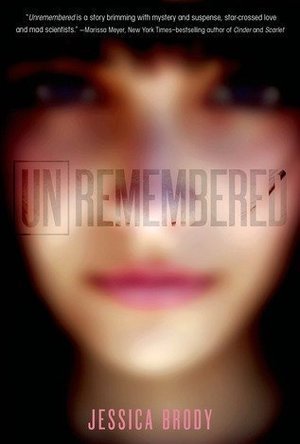
Unremembered (Unremembered, #1)
Book
When Freedom Airlines flight 121 went down over the Pacific Ocean, no one ever expected to find...
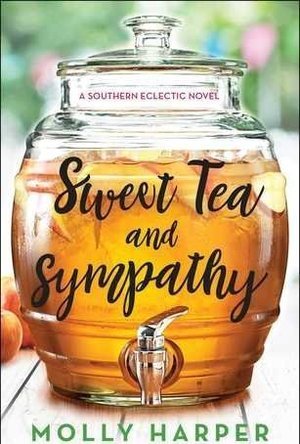
Sweet Tea and Sympathy
Book
Nestled on the shore of Lake Sackett, Georgia is the McCready Family Funeral Home and Bait Shop....
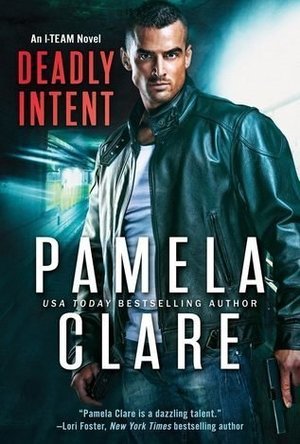
Deadly Intent (I-Team #8)
Book
Secrets buried in the sand… Former US Army Captain Mia Starr has built a new life for herself...
Romance Romanctic Suspense
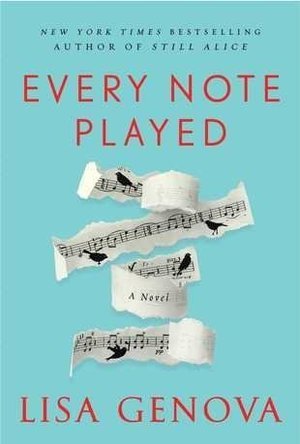
Every Note Played
Book
From neuroscientist and New York Times bestselling author of Still Alice comes a powerful...
fiction contemporary fiction
